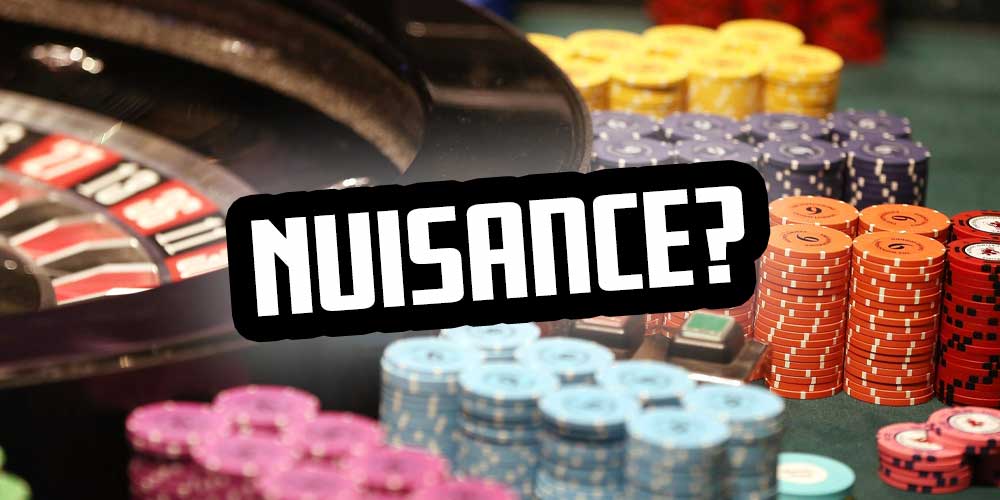Alabama Supreme Court Will Proceed With Casino Lawsuits

- The Alabama Supreme Court has ruled to proceed with the two lawsuits brought against local establishments in the state stating their bingo games are public nuisances.
- These lawsuits have been targeting the three venues since 2017 due to the state's strict anti-gambling laws.
- The companies have tried to beat the case by citing the legal tribal casinos have the same games but this Supreme Court decision has dismissed that counter argument.
MONTGOMERY, Ala. - Two lawsuits that have been brought to the Alabama Supreme Court arguing that three local casinos are public nuisances are now set to proceed in court.
For years, officials and lawmakers in Alabama have been working to put a stop to electronic bingo games that resemble slot machines in gambling halls inside of Alabama.
In 2017, there were also two separate lawsuits filed seeking to declare VictoryLand in Macon County along with White Hall Entertainment and Southern Star Entertainment in Lowndes County as nuisances to the public and force the closure of each establishment.
Those lawsuits were dismissed by state circuit judges on the grounds of not having the authority to rule on if a venue is a public nuisance in the lower courts. However, from the ruling given this week, the Supreme Court has overturned the decision on authority and has returned the cases to the counties.
The Poarch Band Creek Indians, who operate two native American casinos, are the only federally recognized tribe in Alabama since commercial gambling is unregulated.
Their two casinos, Wind Creek Wetumpka and Wind Creek Montgomery, are both Class II legal gambling venues because the state will not allow them to operate as Class III which grants table games and slot machines.
In contrast, VictoryLand, White Hall Entertainment, and Southern Star Entertainment are not recognized as a federal tribe and are each owned by private companies. The companies stated that the lawsuits should be dismissed if the tribal casinos are still allowed to operate.
“The Wind Creek casinos operate openly and notoriously, and are many times larger,” stated the defendants previously in court. “‘Indian gaming’ is legal or illegal is irrelevant to the State’s claims because legal conduct can also constitute a public nuisance.”
The lower courts agreed that not including the two tribal casinos as “indispensable parties” would eventually cause the lawsuits to fail due to the fact that they offer the same games that are being targeted in the lawsuits.
The Supreme Court dismissed the indispensable party argument and will allow Alabama lawmakers to move forward with the lawsuit. The companies have been able to avoid the constant targets but after this decision, their future may be in jeopardy.
